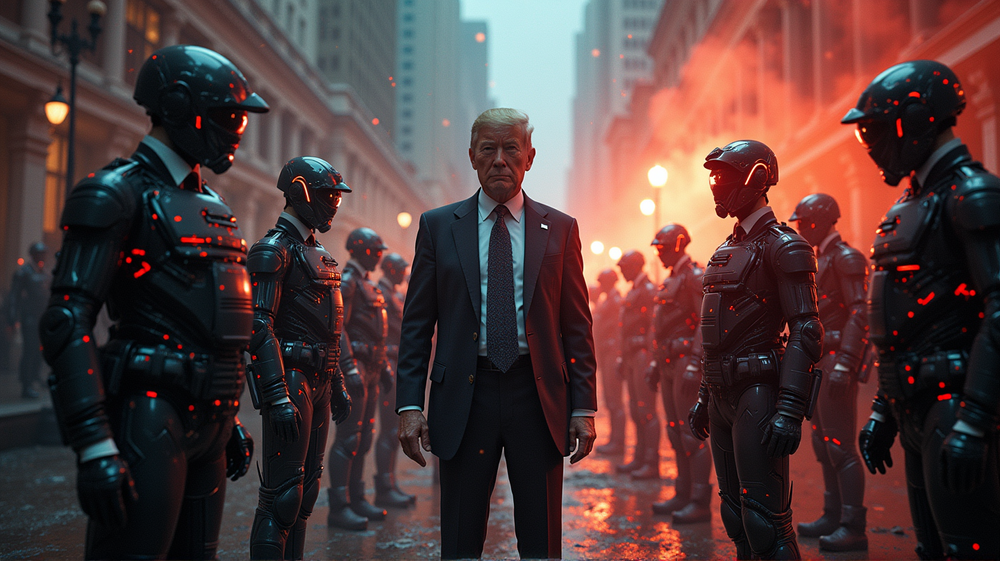In the evolving saga of American politics, it appears that the spotlight is now sharply fixed on the dual-edged influence of oligarchy. As tech billionaires increasingly take center stage, both Democrat and Republican parties find themselves navigating a delicate dance with their wealthy benefactors. According to Newgeography.com, this complex relationship between money and power is reshaping the political landscape, inevitably changing the way campaigns are conducted and policies are crafted.
The Dark Money Rollercoaster
Historically, Democrats have enjoyed significant support from dark money sources, a trend that appeared stable during Barack Obama’s terms, highlighted by the frequent presence of tech giants in political discussions. With 427 visits to the White House, Google’s representatives seemed almost woven into the political fabric of that era. But as 2024 approached, an interesting shift began to unfold. Powerful Silicon Valley players, such as Elon Musk and Peter Thiel, started directing their support towards Republican causes, suggesting a deeper, underlying strategy at play.
Unveiling the Billionaire Influence
The scale of wealth hovering over political dynamics is staggering. In 2024, Kamala Harris’s campaign raised over US$1.5 billion, breaking any previous fundraising records. Such financial muscle stems largely from the major tech industry moguls and Wall Street elites. The Citizens United ruling in 2010 has substantially eroded limitations on campaign contributions, amplifying the influence dynamic to unprecedented levels.
A Contemporary Gilded Age
Drawing parallels to the Gilded Age, with its money men and monopolists, our modern era witnesses a similar dominance by billionaires over communication, finances, and technology. Companies like Google, Apple, and Microsoft dominate global markets, wielding immense power over consumer behavior and choices. This economic stronghold extends easily into political arenas, raising concerns over the true drivers behind policy-making.
The Rise of the Liberal Tech Giant Coalition
Pundits on the right worry about a potential alliance forming between the Democratic Party and liberal tech firms, a convergence they fear might lead to the imposition of a radical progressive agenda. Yet despite these apprehensions, the wheels of influence continue to turn, fueled by the financial backing of not just the entrepreneurs themselves, but their ex-spouses, siblings, and offspring, all of whom contribute to funding the Left’s initiatives.
The Public’s Perception and Potential Change
Public sentiment reflects skepticism, with eighty percent of Americans recognizing the excessive power held by wealthy donors. The concern is not merely about party allegiance but about the overarching influence that billionaires have over democracy itself. Can this trajectory be altered, or are we destined to linger under the shadow of modern oligarchs? The future of American politics may very well depend on the answers we seek to these pressing questions.













